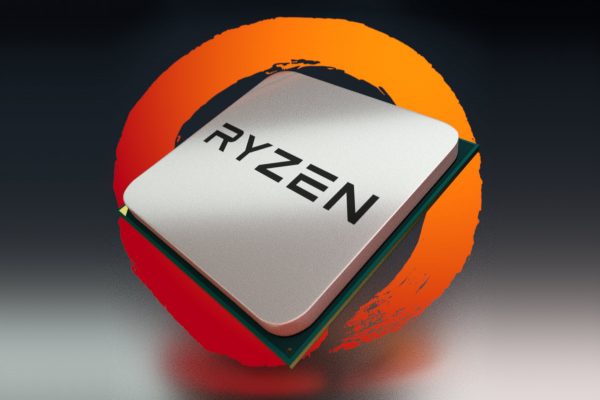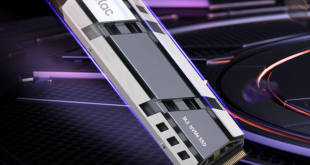AMD has been flying high on the success of Ryzen over the last few months but as we have previously heard, this is only the first step. AMD is already planning for its ‘Zen 2' and ‘Zen 3' based processors and this week during an interview at PAX West, AMD's desktop CPU marketing manager spoke a little bit about the company's focus for future Zen chips.
During a video interview posted by Joker Productions, AMD's Don Woligroski, was asked about the potential for better overclocking and higher IPC on future Zen CPUs. Here's what he said:
“Zen, Ryzen, was the worst case scenario, it was a brand new architecture on a brand new node, so it was the worst case scenario we could have possibly had and its pretty good. You can get over 4GHz a bit, we're definitely working on improving, our engineers are really smart guys and things are looking better as we go along”.
Woligroski couldn't go into more specifics but AMD is preparing tweaks to get more out of Zen. The company isn't planning on Ryzen being a “one hit wonder”, it has been a successful 2017 but as Woligroski explains, AMD will “keep the pressure on” in 2018 and beyond.
One area where Ryzen did stumble this year was gaming. Ryzen 7 was a great chip but when it came to 1080p gaming in particular, it couldn't quite match the latest 7th generation Core i7. With that in mind, Joker asked Woligroski what AMD were planning to do to make sure game developers are taking advantage of the additional cores and threads found in Ryzen. A lot of it just comes down to engaging with developers directly:
“Thats a double-edged sword. For games that are already released I think our focus is making sure if they have a problem on Ryzen processors, which some do you'll see a big performance delta and be like ‘why? Ryzen's pretty fast' and we'll go to the developer. We did it for Dota 2 and Rise of the Tomb Raider and we just find out what was wrong.”
As for future games, the process is a little different. Now that more cores and threads are more common, developers will begin building for that. However, the company “certainly have engineers” that get handed out to development teams to help them take extra advantage of Ryzen. An example of this would be AMD's partnership with Bethesda, which saw Prey in particular optimised for more cores/threads.
At the moment, AMD has previously said that there will be another round of Zen processors based on the 14nm+ node before making the jump to Zen 2 and Zen 3, which will both take advantage of 7nm technology. This jump to 7nm is proving to be the “toughest in years” but we should see Zen 2 before 2020.
KitGuru Says: Now that AMD is back in the swing of competing with Intel, the company will want to keep the pressure on and avoid falling behind. Better IPC and higher overclocks seems like a good first step.
 KitGuru KitGuru.net – Tech News | Hardware News | Hardware Reviews | IOS | Mobile | Gaming | Graphics Cards
KitGuru KitGuru.net – Tech News | Hardware News | Hardware Reviews | IOS | Mobile | Gaming | Graphics Cards




Yep I watched that interview was informative. I would not say the Ryzens stumbled in gaming they work just fine for gaming. Are they as fast as Intel’s fastest main stream i7 7700K no they fall slightly behind in the FPS department but when both companies can get over 100+ FPS in most games I do not see the problem or would call say the Ryzens stumbled in the games.
People are way to spoiled these days if a piece of hardware like a CPU is even 5 FPS slower a lot of people will label it a fail or go oh but my 144Hz monitor will not work right. Uhmm yea it will work just fine. a high Hz monitor has best working conditions between two refresh rates. If it is a 144hz monitor then 60Hz-144Hz is where it works at it’s best. Anything below 60Hz or above 144Hz is sub optimal. The same goes for a 165Hz setup 60Hz-165Hz is where it works best. Just because a monitor states it supports that high refresh rate does not mean it has to sit at the max 100% of the time. This is why we have Free-Sync & G-Sync setups.
Indeed! The IPC difference isn’t great and Ryzen still an amazing piece of engineering!